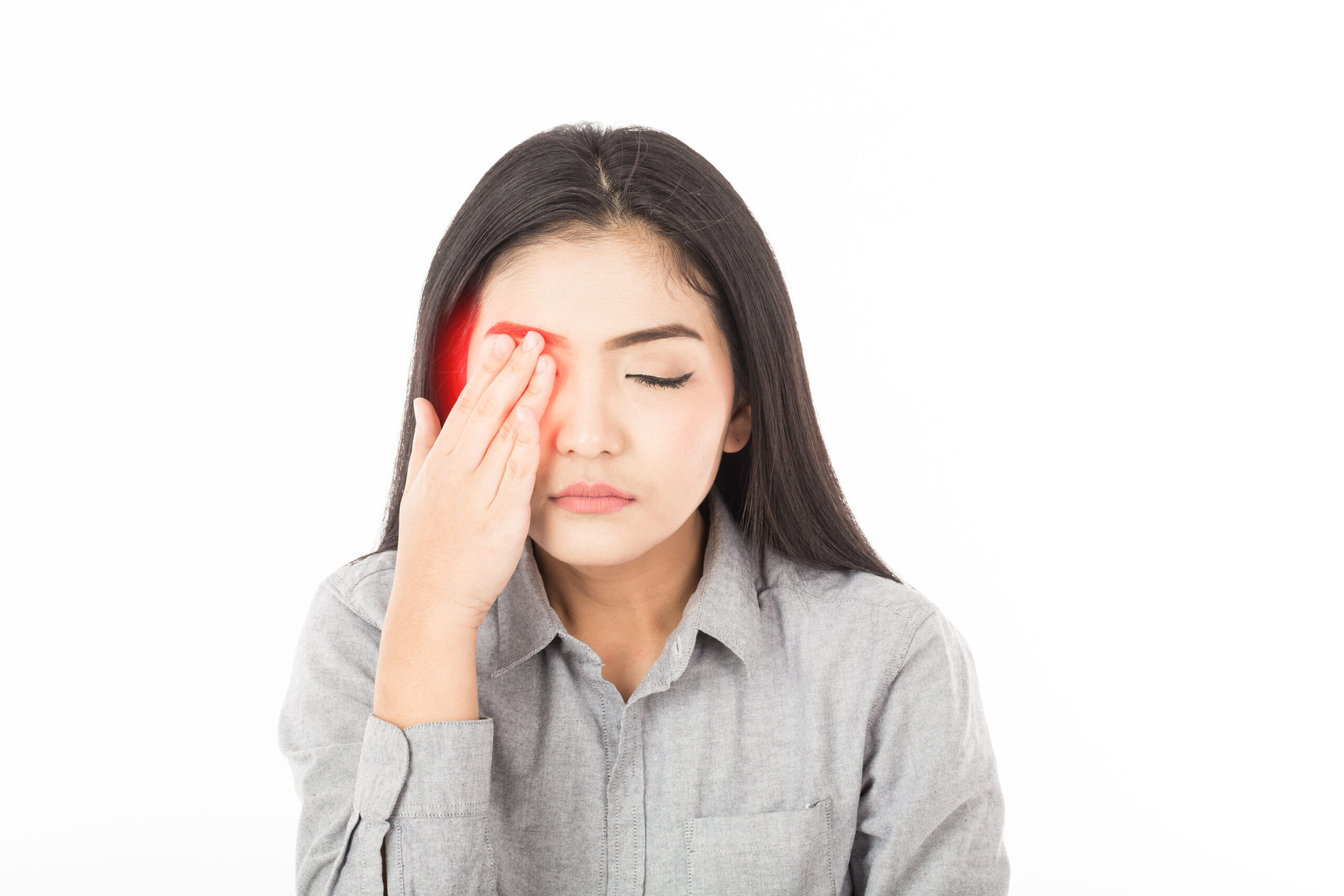What is Entropian?
Entropian is an eye condition where the eyelid turns inward. Because of this, the eyelashes and skin rub against the eye. This can cause discomfort and may even harm the eye. Usually, entropian affects the lower eyelid. However, it can happen to the upper eyelid as well. People of all ages can get entropian, but it is more common in older adults. Early detection is important, as untreated entropian can lead to eye problems.
Common Symptoms of Entropian
Recognizing entropian symptoms early can help prevent complications. Often, the signs are easy to notice. For example, you may feel irritation or pain in your eye. Other symptoms include:
Sometimes, these symptoms may come and go. But if they persist, you should seek medical advice.
Causes and Risk Factors
There are several causes of entropian. Most often, it is due to aging. As you get older, the muscles around your eyes weaken. This can make the eyelid turn inward. However, other factors can also play a role, such as:
In addition, some people have a family history of entropian. According to the World Health Organization (WHO), older adults are at higher risk. But anyone can develop this condition.
How Entropian is Diagnosed
Doctors use a simple eye exam to diagnose entropian. First, they will ask about your symptoms. Then, they will look at your eyelids and eyes closely. Sometimes, they may gently pull on your eyelid to see how it moves. In rare cases, extra tests may be needed to check for infection or damage. Usually, no special equipment is required. Early diagnosis helps prevent further eye problems.
Treatment Options for Entropian
There are several entropian treatment options. The best choice depends on the cause and severity. For mild cases, doctors may suggest:
However, if these do not help, surgery may be needed. Surgery is often quick and safe. It corrects the eyelid position and prevents further damage. According to the American Academy of Ophthalmology, most people recover well after surgery.
Prevention and Lifestyle Tips
While you cannot always prevent entropian, some steps may lower your risk. For example, you can:
In addition, knowing your family history can help you stay alert for early signs. If you notice any entropian symptoms, seek help quickly.
When to See an Eye Specialist
It is important to see an eye specialist if you have:
Early treatment can prevent serious problems. Therefore, do not wait if you notice these symptoms.
Frequently Asked Questions (FAQs)
Conclusion and Next Steps
Entropion is a treatable eye condition. Early recognition of entropion symptoms can help prevent complications. If you notice any signs, do not ignore them. Instead, consult an eye specialist at Geetha Eye Hospital for personalized advice on entropion. Regular eye check-ups and proper eye care can help keep your eyes healthy.

